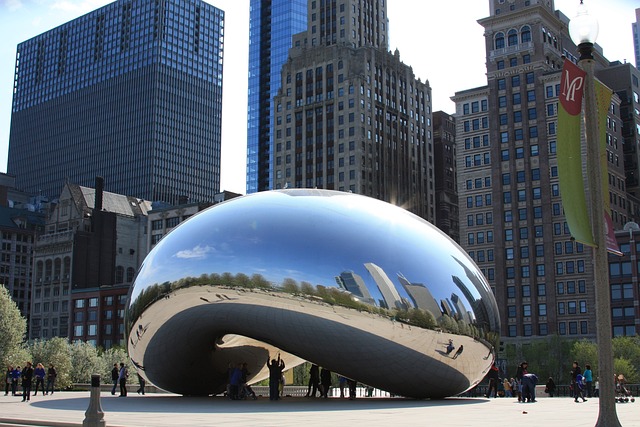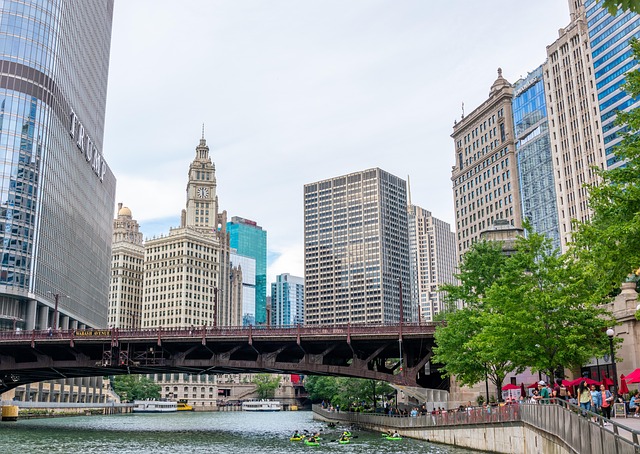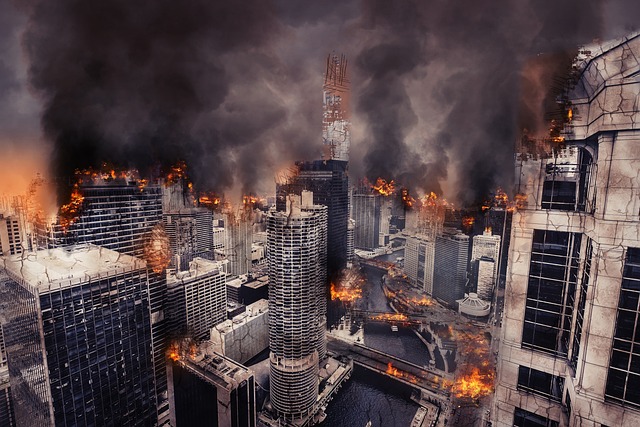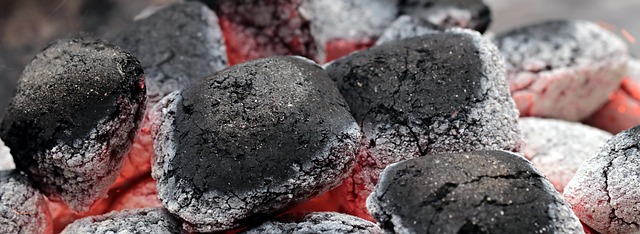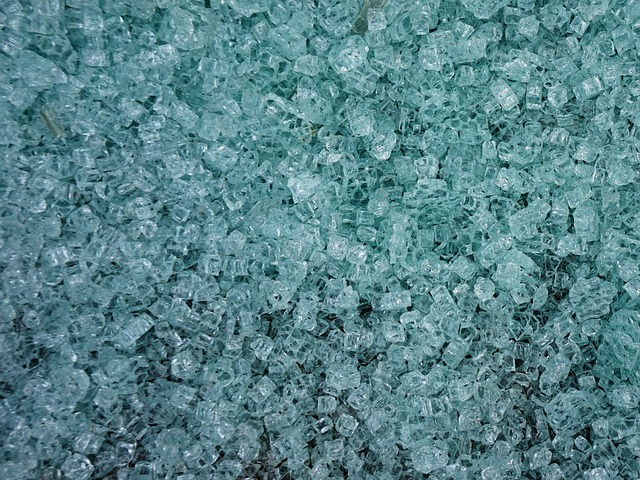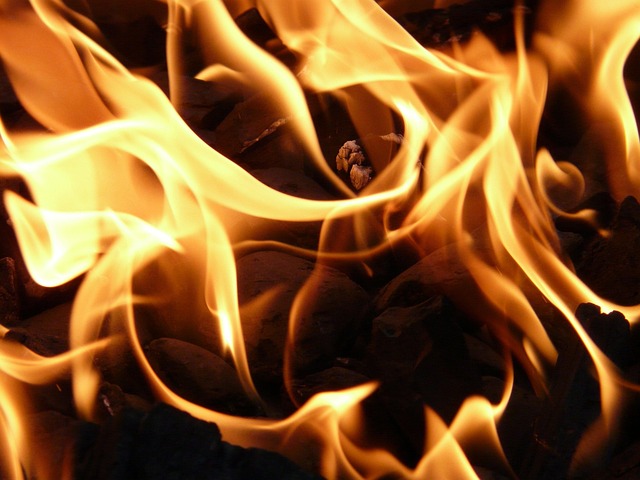Selling a fire-damaged property in Chicago involves adhering to strict property disclosure laws that mandate transparency between sellers and buyers. These regulations require disclosing any material defects, including past fires, water damage, and necessary repairs, to ensure informed buyer decisions. Fire damage definitions encompass structural and content losses, smoke damage, and water suppression system effects. Buyers have the right to review disclosures and documents thoroughly to understand potential risks and responsibilities. Navigating building codes and regulations, beyond typical disclosures, is crucial for a compliant and successful sale in Chicago's competitive market.
Illinois property disclosure laws are crucial when considering selling or buying a home, especially in cases of fire damage. This comprehensive guide navigates the legal aspects of revealing past fires, clarifying what constitutes fire damage, and outlining seller and buyer responsibilities. For those looking to sell a fire-damaged property in Chicago, understanding these regulations is essential, as it can significantly impact the transaction and protect both parties’ interests.
From defining fire damage to exploring Chicago-specific considerations, this article provides valuable insights for anyone involved in the process of selling or purchasing a home with a history of fire.
- Understanding Illinois Property Disclosure Laws
- What Constitutes Fire Damage for Legal Purposes?
- Seller Obligations When Disclosing Fire Damage
- Buyer Rights and Recourse After Purchase
- Chicago-Specific Considerations for Selling a Fire-Damaged Home
Understanding Illinois Property Disclosure Laws
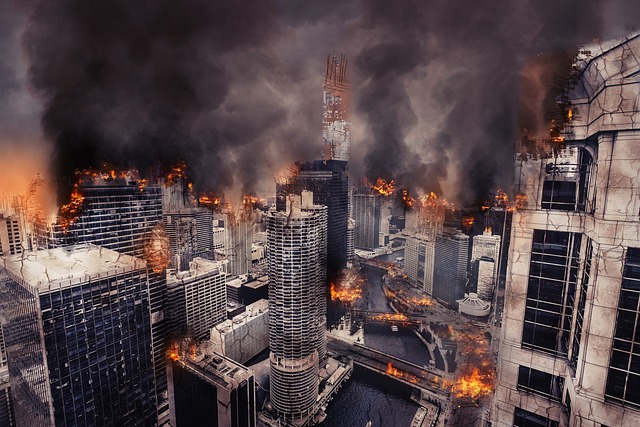
In the state of Illinois, selling a fire-damaged house in Chicago comes with specific legal obligations known as property disclosure laws. These laws are designed to ensure transparency between sellers and buyers, providing crucial information about any potential issues within a property. Understanding these regulations is essential for both parties involved in a real estate transaction, especially when dealing with a home that has experienced fire damage.
When selling a Chicago property with fire damage, the seller must disclose any known material defects or conditions that could impact the structure or its systems. This includes revealing details about past or current fires, water damage, and any necessary repairs or renovations. Buyers have the right to know these facts to make an informed decision and potentially negotiate terms or prices accordingly. Selling a fire-damaged house in Chicago requires compliance with these disclosure laws, ensuring a smooth and legally sound transaction for all involved.
What Constitutes Fire Damage for Legal Purposes?
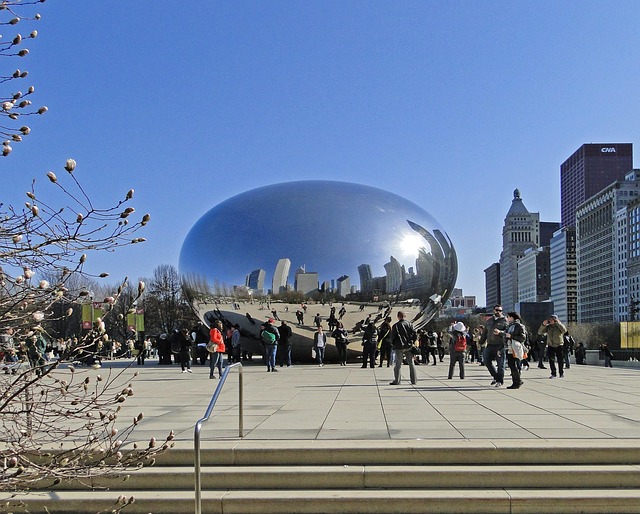
When it comes to selling a fire-damaged property in Chicago, understanding what constitutes legal fire damage is essential for both sellers and buyers. For legal purposes, fire damage goes beyond just charred walls and melted fixtures; it includes any structural or content losses caused by a fire. This can range from visible burn marks and smoke damage on surfaces to complete destruction of building components like roofs, floors, or load-bearing walls. Even if parts of the property remain intact, extensive water damage from fire suppression systems can also be considered part of the fire damage assessment.
Buyers should pay close attention to any disclosures regarding fire damage during the selling process. Sellers are legally required to disclose significant issues that could impact the property’s safety and value. This includes providing details about the extent of the fire, when it occurred, and any repairs or remediation efforts undertaken since. In Chicago, property disclosure forms often ask specific questions about fire damage, ensuring transparency and helping buyers make informed decisions, especially if they plan to sell the house in the future, considering the potential costs and challenges of repairing historical fire damage.
Seller Obligations When Disclosing Fire Damage
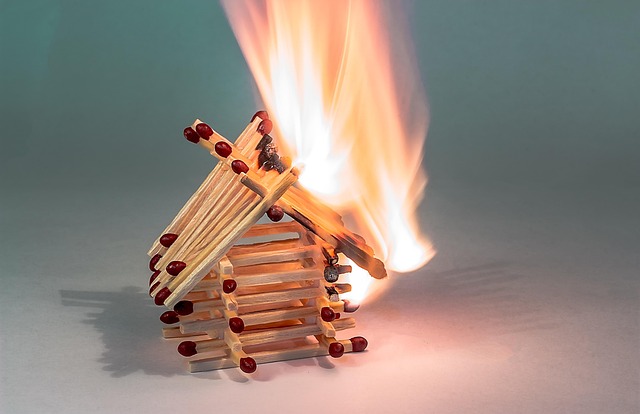
When selling a home in Chicago, Illinois, and disclosing any fire damage that has occurred is a crucial aspect of the property disclosure process. Sellers have a legal obligation to reveal any significant incidents that could impact the structure or safety of the home. Fire damage, no matter its extent, falls under this category.
In the event of selling a house with fire damage in Chicago, sellers must provide a detailed account of the incident and its aftermath. This includes disclosing when the fire occurred, the cause (if known), the extent of the damage to the property, and any repairs or renovations that have been carried out since. Sellers should also ensure they understand what constitutes ‘significant’ damage—any alterations that affect the building’s structural integrity, safety systems, or essential components must be disclosed accurately.
Buyer Rights and Recourse After Purchase
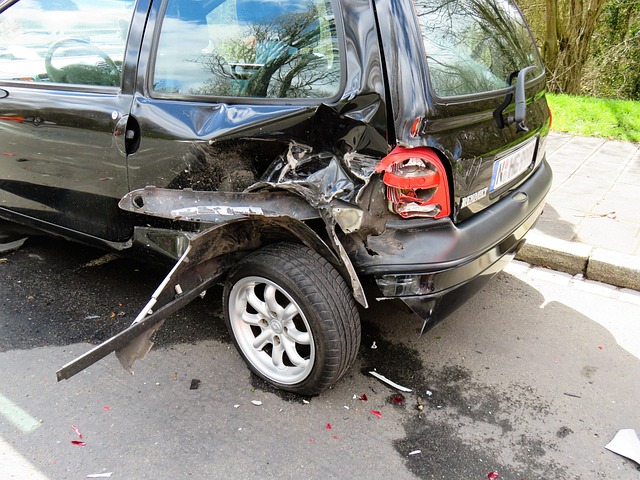
When considering a purchase on a sell fire damage house Chicago, buyers have specific rights and protections under Illinois property disclosure laws. These laws require sellers to disclose any known material defects or issues that could impact the value or safety of the property. This includes, but is not limited to, structural problems, water damage, mold, and previous fires.
If a buyer discovers undisclosed issues post-purchase, they may have recourse. Illinois law allows buyers to seek damages for misrepresentation, specific performance (requiring the seller to fix disclosed defects), or even cancellation of the sale if the defects are severe enough. It’s crucial for buyers to review all disclosures and documents thoroughly before finalizing the purchase to ensure they understand the potential risks and responsibilities that come with owning a property, especially one that has experienced fire damage.
Chicago-Specific Considerations for Selling a Fire-Damaged Home
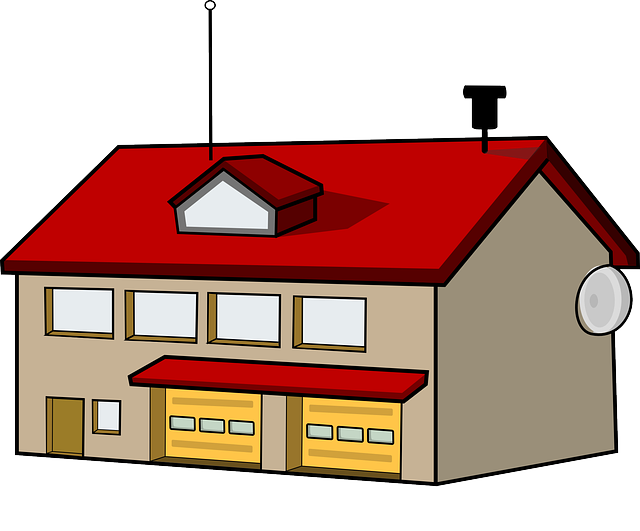
Selling a fire-damaged home in Chicago comes with unique considerations that extend beyond the state’s general property disclosure laws. The city’s stringent building codes and strict regulations regarding structural integrity and safety play a significant role in the selling process. Prospective buyers will likely want to see detailed reports on the extent of the damage and the repairs required, especially if the fire was substantial. This includes assessments of the structural framework, electrical systems, plumbing, and any potential asbestos or lead paint concerns.
Chicago’s real estate market is competitive, so sellers must be transparent about any issues that could impact a buyer’s decision. Fire-damaged properties may require special handling during the disclosure process, including specific forms and documentation detailing the repairs made and those still needed. Sellers should consult with legal professionals and industry experts to ensure they comply with local regulations and provide accurate information, setting realistic expectations for potential buyers interested in purchasing a fire-damaged home in Chicago.
When considering to sell a fire-damaged home in Chicago, understanding Illinois’ property disclosure laws is paramount. These regulations ensure transparency between sellers and buyers, particularly regarding fire damage. By clearly disclosing any such issues, both parties can navigate the process with informed decisions, ensuring a smooth transition and mitigating potential legal complexities associated with selling a fire-damaged property in Chicago.
